Early Modern (1450 CE - 1800 CE)

Susanna and the Elders
Susanna and the Elders, a 17th-century Italian painting by Artemisia Gentileschi, portrays the biblical story of Susanna, a virtuous Jewish woman preyed upon by two judges, important members of the community. Without her knowing, the men spied on her while she bathed.
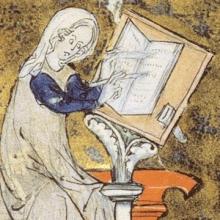
Analyzing Literary Sources
The modules in Methods present case studies that demonstrate how scholars interpret different kinds of historical evidence in world history. The video below features writing from a 14th century lai. Lais are short, poetic romances written during the Middle Ages in Western Europe.
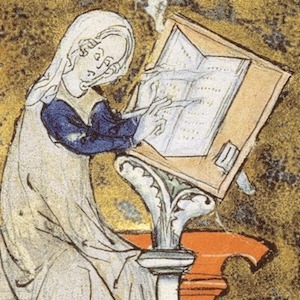
Excerpt of Le Fresne
Lais are short, poetic romances written during the Middle Ages in Western Europe. These stories were written and shared orally among nobility. Click on the image of writing to read an excerpt from the lai entitled Le Fresne. You also see an image of the author, Marie de France.
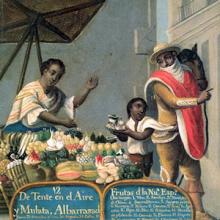
Analyzing Inquisition Documents
The modules in Methods present case studies that demonstrate how scholars interpret different kinds of historical evidence in world history..
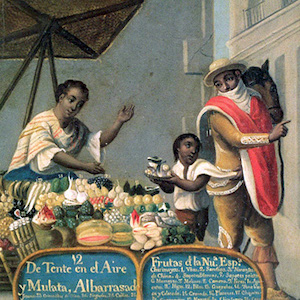
De Tente en el Aire y Mulata, Albarrasado
This is a painting of a mulata woman selling fruit in New Spain (Mexico). Though there were large numbers of Africans and then Creole blacks and mulattoes in New Spain at this time, little information about them exists.
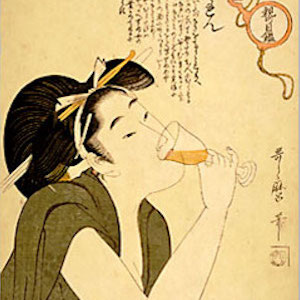
Vulgarly Called the Wanton
This print is called Vulgarly called the Wanton and was created by the artist Utamaro in 1802. It portrays a woman engaged in frivolous or indulgent behavior, providing a sense of how people understood urban Japan during the Tokugawa period.
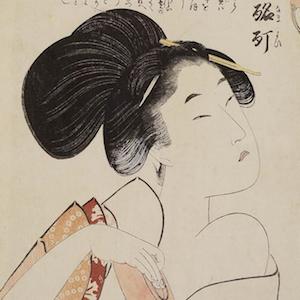
The Drunkard
This print, titled, The Drunkard, portrays a woman engaged in frivolous or indulgent behavior. It is a ukiyo-e woodblock prints from the Tokugawa or Edo period in Japan (1600 to 1867) created by the artist Utamaro in 1802.
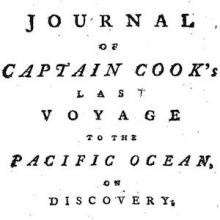
Analyzing Travel Narratives
The modules in Methods present case studies that demonstrate how scholars interpret different kinds of historical evidence in world history. In the video below, historian Tom Ewing analyzes John Ledyard’s journal of his travels along the North American coast in the late 18th century.

Excerpt from Ledyard's Journal
This is an excerpt from John Ledyard’s journal of his travels along the North American coast in the late 18th century. Ledyard, born a British subject, became an American citizen after Independence. He traveled with the British explorer Captain Cook to Alaska, Siberia, and the Pacific Islands.
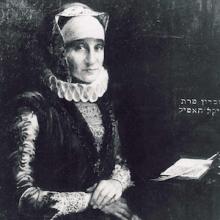
Analyzing Personal Accounts
The modules in Methods present case studies that demonstrate how scholars interpret different kinds of historical evidence in world history.. In the video below, historian Merry Wiesner-Hanks analyzes two personal accounts written by women living in northern Germany in the 17th century.